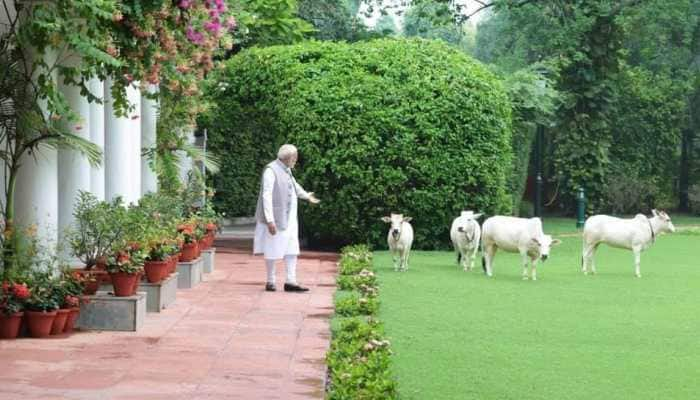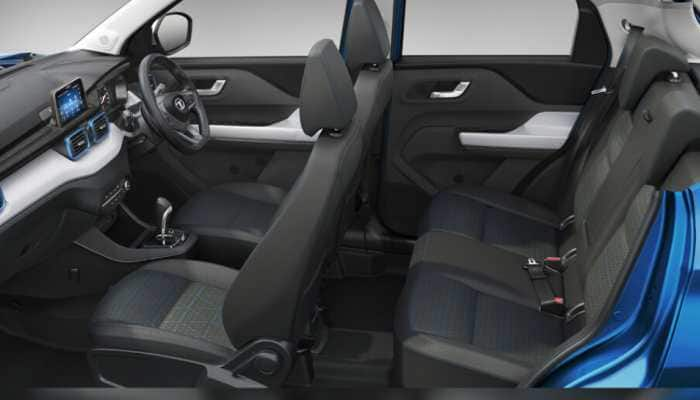Research programme to tackle asteroids and space debris
Leading scientists will push the boundary of studies on deflecting asteroids and manipulating space debris under a new programme of Britain`s University of Strathclyde that aims to protect the earth from catastrophic impacts.
Trending Photos
London: Leading scientists will push the boundary of studies on deflecting asteroids and manipulating space debris under a new programme of Britain`s University of Strathclyde that aims to protect the earth from catastrophic impacts.
Led by Strathclyde, the Stardust programme - the first research-based training network of its kind - boasts some of the world`s foremost experts in the field and is set to transform international space research.
An opening training school, being held for five days from today, is the first step for postgraduate researchers in the Stardust initiative that will train the next generation of scientists, engineers and policy-makers from a pool of more than 100 highly qualified applicants.
Professor Massimiliano Vasile, of the University of Strathclyde`s Department of Mechanical and Aerospace Engineering, is leading Stardust, according to a statement from the varsity.
He said, "Stardust provides us with a fantastic opportunity to take forward the research capabilities we have and inspire the next generation of researchers in the field.
"It will push the boundaries of space research with innovative ideas and visionary concepts."
Asteroids and space debris represent a significant hazard for space and terrestrial assets and it is becoming clear that the increasing amount of space debris could lead to catastrophic consequences.
But asteroids and space debris may also represent an opportunity if there is technology to exploit them, for example debris recycling or asteroid mining, Vasile said.
Stardust is bringing together experts from across the world to advance research and find solutions to these challenges.
The week-long school is the opening event in the programme and researchers will study a variety of topics and attend lectures delivered by leading figures in aerospace engineering, physics, computer science and applied mathematics from across Europe, the US and Japan.
During the activities, there will be input from 14 institutions, including Kyoto University, Japan Aerospace Exploration Agency and Office National d`etudes et de Recherches Aérospatiales, the world leader in asteroid and debris deflection by laser.
Advertisement
Live Tv
Advertisement







)
)
)
)
)
)
)
)
)
)
